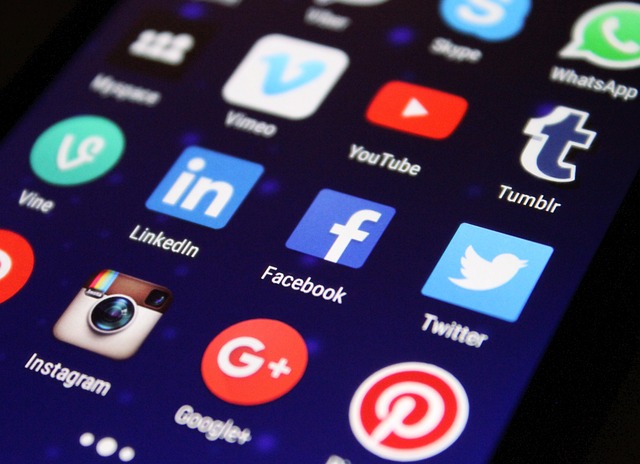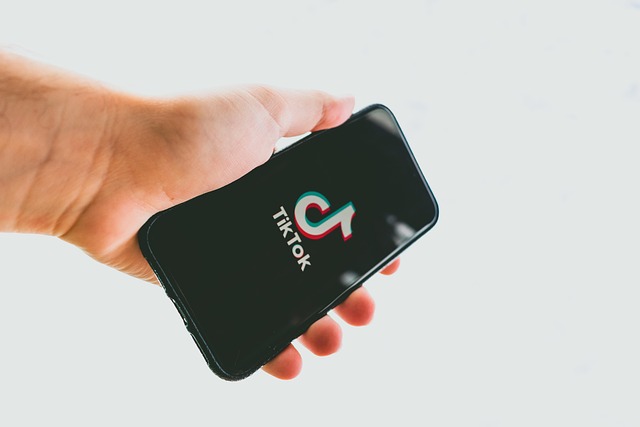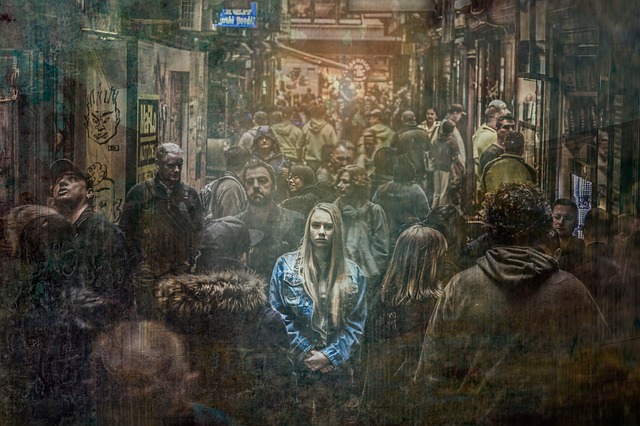In an age where social media has become a primary mode of communication, it’s essential to evaluate its impact on relationships. The digital landscape, rich in connection but fraught with complexities, shapes how we interact, perceive each other, and ultimately, how we maintain our bonds with family, friends, and partners. As we dive into the nuances of social media’s impact on relationships, we uncover both the benefits and the challenges that come with this omnipresent technology.
Social media platforms enable us to keep in touch with loved ones across vast distances, sharing moments in real-time that would have otherwise required long phone calls or even letters. A simple “like” on a post or a comment can reinforce connections, making us feel valued and acknowledged in the swirling chaos of life. Yet, while social media fosters connectivity, it also poses significant challenges. Misunderstandings can arise from the absence of tone and facial expressions in texts or posts, leading to assumptions that might strain friendships or romantic partnerships.
Additionally, the curated personas we showcase online can differ dramatically from our true selves. This discrepancy often gives rise to unrealistic expectations and comparisons. For instance, seeing a friend’s seemingly perfect life on Instagram can evoke feelings of inadequacy or jealousy, which can be detrimental to real-life relationships. Effective communication becomes crucial here; addressing feelings openly can help mitigate the adverse effects of social media’s impact on relationships, allowing for deeper understanding.
Moreover, the addictive nature of social media can lead to decreased face-to-face interactions. Instead of sharing quality time together, couples and friends may find themselves scrolling through feeds, inadvertently prioritizing virtual connections over physical presence. This shift in priorities can create a divide in relationships, as shared experiences are replaced with solitary scrolling sessions. To navigate this, setting boundaries—like designated phone-free times—can help individuals engage more authentically with those who matter most.
Social media can also serve as a reflection of our relationships. The way we interact online can influence how we relate in person. Public displays of affection, such as affectionate posts or shared memories, can reinforce bonds. Conversely, unfollowing or blocking someone can create tension and lead to unnecessary drama. Understanding the power of social media and its direct impact on relationships can encourage individuals to be more mindful of their online behavior.
Ultimately, social media is a tool—its impact on relationships rests in how we choose to wield it. Striking a balance between virtual interactions and real-world connections is key to fostering healthy relationships in today’s digital age. By maintaining awareness of social media’s influence and striving for open communication, we can create more meaningful connections that stand the test of time.




